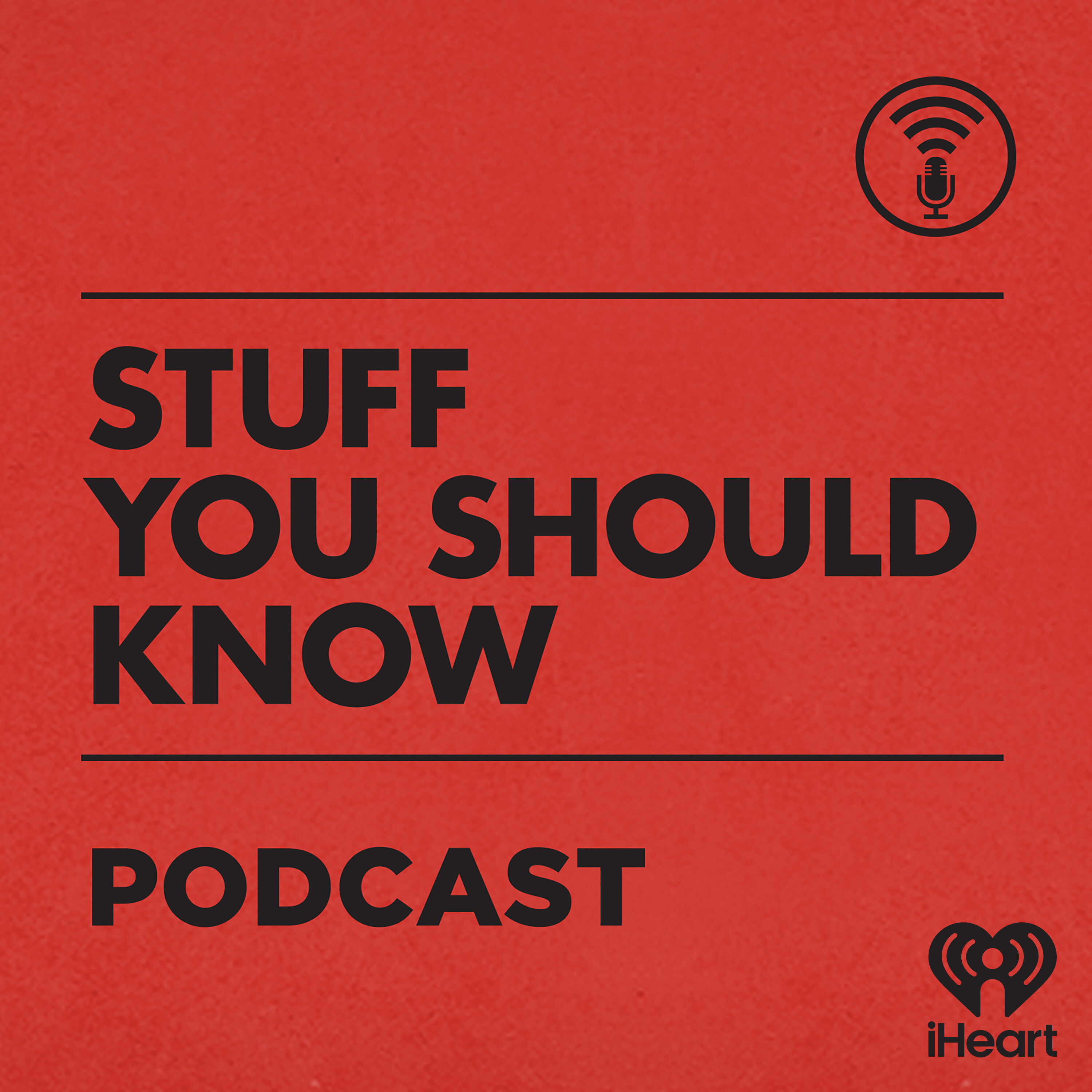Chapter
Clips
The Johnson & Johnson company didn't want to recall all of their Tylenol pills at first because they believed that the drugs were fine, but was eventually convinced to do so by pressure and a need to maintain their reputation.
07:58 - 08:45 (00:46)
Summary
The Johnson & Johnson company didn't want to recall all of their Tylenol pills at first because they believed that the drugs were fine, but was eventually convinced to do so by pressure and a need to maintain their reputation.
ChapterThe Tylenol Murders: A Case Study in Crisis Management
EpisodeSelects: The Tylenol Murders, Part II
PodcastStuff You Should Know
In the wake of the 1982 Tylenol poisonings, Johnson & Johnson took a major risk by recalling 31 million bottles of Tylenol and destroying them, along with its brand reputation.
08:45 - 09:50 (01:04)
Summary
In the wake of the 1982 Tylenol poisonings, Johnson & Johnson took a major risk by recalling 31 million bottles of Tylenol and destroying them, along with its brand reputation. However, the move paid off, and Johnson & Johnson regained the public's trust.
ChapterThe Tylenol Murders: A Case Study in Crisis Management
EpisodeSelects: The Tylenol Murders, Part II
PodcastStuff You Should Know
Johnson & Johnson’s decision to act swiftly and transparently after the 1982 Tylenol poisonings helped them regain public trust, position themselves as a victim, and ultimately recover their brand.
09:50 - 11:08 (01:17)
Summary
Johnson & Johnson’s decision to act swiftly and transparently after the 1982 Tylenol poisonings helped them regain public trust, position themselves as a victim, and ultimately recover their brand. This case study has become a lesson for PR professionals on how to rebuild a damaged reputation.
ChapterThe Tylenol Murders: A Case Study in Crisis Management
EpisodeSelects: The Tylenol Murders, Part II
PodcastStuff You Should Know
A brief conversation about the length of their partnership.
11:08 - 11:26 (00:17)
Summary
A brief conversation about the length of their partnership.
